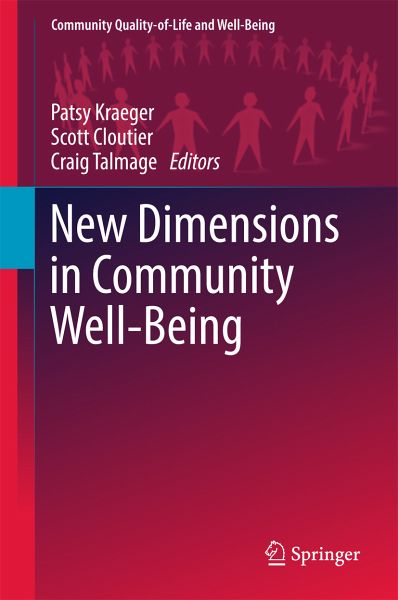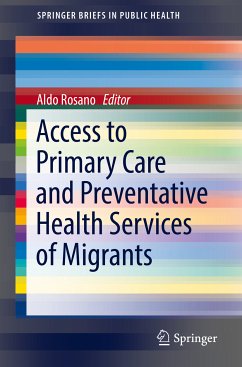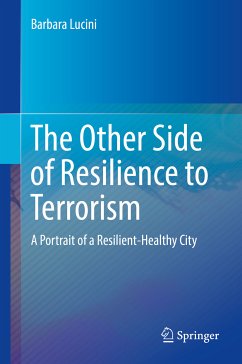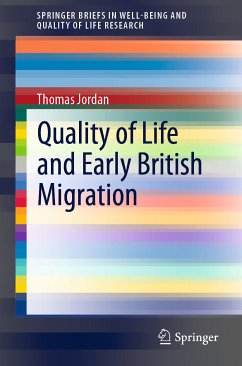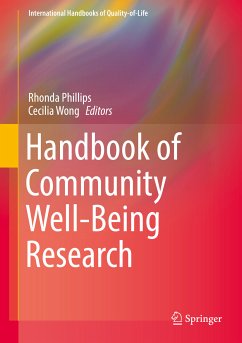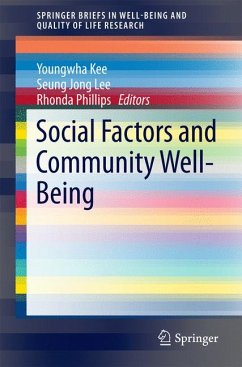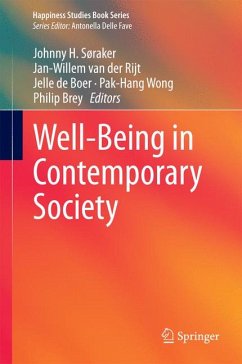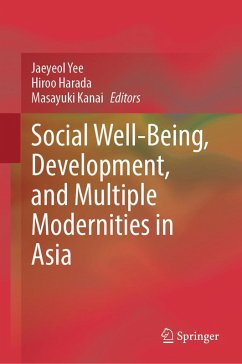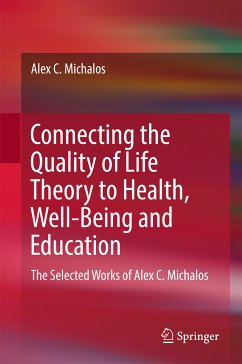Dr. Patsy Kraeger is an Assistant Professor in the Institute for Public and Nonprofit Studies at Georgia Southern University. She received her Ph.D. in Public Administration from Arizona State University, the School of Public Affairs, with a certificate in Nonprofit Leadership and Management from the School of Community Resources and Development. Her primary research interests are focused on the social economy, social enterprise and innovation, performance management and governance in the public and nonprofit sectors, and the study of philanthropy vis-à-vis democracy. She also researches in the area of quality of life studies. Her research has been presented at the Academy of Management, the Association for Research on Nonprofit Organizations and Voluntary Action, the International Society for Third Sector Research, the International Quality of Life Studies, and the Western Social Science Association conferences. She is the co-chair for the Public Administration Section of the Western Social Science Association. She has research and other academic writings appearing in the Journal of Public Affairs Education, Public Administration Review, the International Journal of Public Administration, NVSQ, and Voluntas. Dr. Scott Cloutier is an Assistant Professor, Walton Sustainability Fellow and Senior Sustainability Scholar within the Julie Ann Wrigley Global Institute of Sustainability. He is focused on charting a new course for sustainability to maximize opportunities for happiness. Scott's experience and expanding research agenda revolve around three key elements: (1) Sustainable Urban/Neighborhood Development research designed to integrate community development subsystems (e.g. water, waste, energy, transportation, business and economic development) to maximize community well-being through sustainable interventions; (2) Qualitative and Quantitative Mixed Method research designed to explore and reflect human/built-and-natural-environment/sustainability connections from both subjective and objective perspectives; and (3) Theoretical Processes research around constructs of quality of life, community well-being, subjective well-being (happiness), hedonia, eudaimonia and biological underpinnings. Dr. Craig Talmage serves as a visiting assistant professor of Entrepreneurial Studies at Hobart and William Smith Colleges in Geneva, New York. Entrepreneurial Studies is a new fast growing minor that officially started in the Spring of 2016. He teaches courses on economic principles, quantitative tools, social innovation, the history of entrepreneurship theory, and the senior capstone experience. He seeks to empower community members, faculty, staff and students through the development of knowledge regarding entrepreneurship and skills that match that knowledge. He completed his PhD in Community Resources and Development at Arizona State University (ASU). At ASU, he worked for the Osher Lifelong Learning Institute, Partnership for Community Development, and the Southwest Interdisciplinary Research Center. He still serves as a faculty associate for Arizona State University where he teaches Community Resilience to Emergency Management and Homeland Security students in the School of Public Affairs. He is actively involved in the Community Development Society, the International Society for Quality-of-Life Studies, and the Association for Research on Nonprofit Organizations and Voluntary Action.
